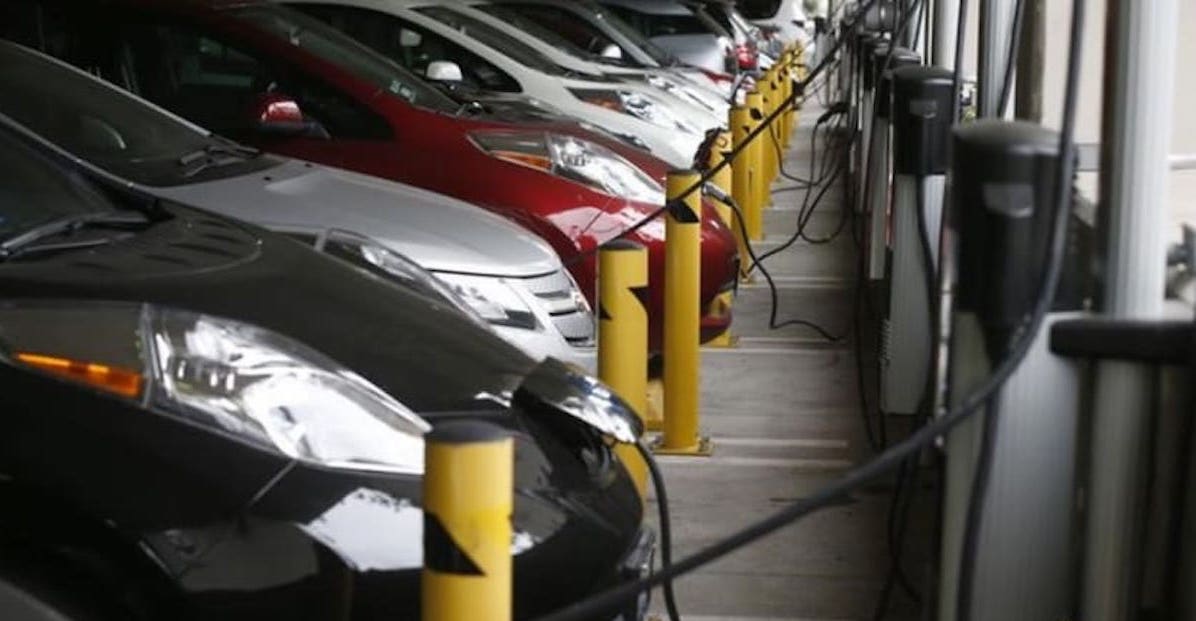Electric vehicles (EVs) are quickly garnering traction in Singapore. With our government heavily advocating and incentivising to accelerate the Singapore Green Plan 2030 and targeting 2040 as the year when all vehicles will be running on “cleaner energy”, it’s no wonder there has been an increase in EV usage.
After Tesla re-entered the Singapore market, more automobile brands have started to produce EVs, adding the range of models and brands that environmentally passionate car enthusiasts can choose from.
Although switching to cleaner energy and reducing carbon emissions sound like the responsible choice to make, EV models are more likely to fall under the luxury category than traditional Internal Combustible Engine (ICE) vehicles, hence making its sticker price significantly costlier.
Aside from the hefty price tag, EV car insurance policies are also another point of contention.
It’s not cheap to go green

Despite the growing demand for EVs, there are still a limited number of insurance options.
Unlike regular car insurance plans, EV plan quotations are a hassle to attain. To get a direct quote, EV owners must submit their enquiry with all the relevant details via email or in-person to available insurers to receive the precise quotations for their vehicles.
EV insurance policies are also costlier than existing market policies. This is quite self-explanatory: EV parts are more expensive and currently less manufactured than its non-EV counterparts. Hence, each individual car part costs more to repair and maintain.
Additionally, EVs also run on large, expensive batteries that can cost a pretty penny to be fixed when broken. General EV insurance plans might also not cover battery failure or other failures by default, therefore you might need to add on a maintenance package, which includes coverage of a comprehensive list of car parts that could potentially fail or wear out over time.

All these factors equate to expensive maintenance and protection costs, which in turn reflect in the insurance premiums.
Paying a premium for personalisation

Despite the hassle, EV insurance plans are more tailored to your unique profile and needs; mainly because you have to take the time to provide the insurer with more specific details about yourself and your vehicle.
EV owners can also opt for either a pay-per-kilometre or an annual payment plan. Pay-per-kilometre (post-paid), also known as Usage-Based Insurance (UBI) is great for those who don’t utilise as much mileage.
Users pay a fixed coverage fee annually, and a monthly premium payment will be calculated based on distance you’ve travelled each month. This ensures you avoid paying extra for coverage or maintenance that goes underutilised.
Standard policy rules still apply even with these payment plans — the more expensive the car or inexperienced the driver, the higher the rate per kilometre.
There are other factors to consider beyond EV insurance
It’s always good to weigh out all the options available in the market. Yes, EV policies are currently limited and expensive, but there are multiple emerging innovations within the auto insurance industry that might be cause for consideration.
American Tesla customers are offered their own insurance option upon purchase from the brand. Said unique insurance incorporates technology to optimise and lower the cost of EV insurance.
The technology monitors customers’ daily driving behaviour in real-time to estimate the level of driving safety, in turn predicting the likelihood of them requiring maintenance or repairs in the near future. The policy’s monthly premiums are than calculated based on these safety predictions.
The in-car technology is precise in identifying factors such as accident causes, further minimising overall costs by processing claims much faster and more efficiently.
In Singapore, the government is offering a rebate on the Additional Registration Fee (ARF) and a revised road tax framework for new EVs. Said tweaks to the vehicle tax regime have made battery-powered EVs a more attractive proposition. There’s also a target to make every HDB town EV-ready by 2025.

Your intended usage, the type of car, whether you’d choose to be an early adopter of EVs, your own environmental concerns and views, and ultimately your willingness to adapt to the challenges of owning an EV, are all factors you should consider whilst you’re having that internal monologue.
At the end of the day, will avoiding this conscious effort weigh on your conscience?
Featured Image Credit: Lucy Nicholson via Reuters








